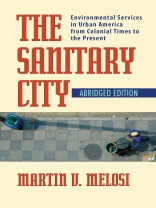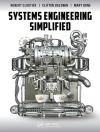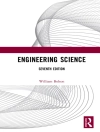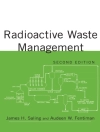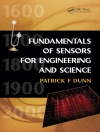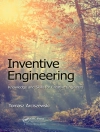Immersed in their on-demand, highly consumptive, and disposable lifestyles, most urban Americans take for granted the technologies that provide them with potable water, remove their trash, and process their wastewater. These vital services, however, are the byproduct of many decades of development by engineers, sanitarians, and civic planners. In <i>The Sanitary City, </i> Martin V. Melosi assembles a comprehensive, thoroughly researched and referenced history of sanitary services in urban America. He examines the evolution of water supply, sewage systems, and solid waste disposal during three distinct eras: The Age of Miasmas (pre-1880); The Bacteriological Revolution (1880-1945); and The New Ecology (1945 to present-day). Originally published in 2000, this abridged edition includes updated text and bibliographic materials. <i>The Sanitary City </i>is an essential resource for those interested in environmental history, environmental engineering, science and technology, urban studies, and public health.
Sobre o autor
<b>Martin V. Melosi</b> is Hugh Roy and Lillie Cranz Cullen University Professor and founding director of the Center for Public History at the University of Houston. Melosi received the Distinguished Research Award and the Distinguished Service Award from the American Society for Environmental History (ASEH), and the Esther Farfel Award from the University of Houston. He has served as president of the ASEH, the National Council on Public History, the Public Works Historical Society, and the Urban History Association. Melosi has written or edited nineteen books, including the award-winning <i>The Sanitary City</i>, and most recently, <i>Atomic Age America.</i>
